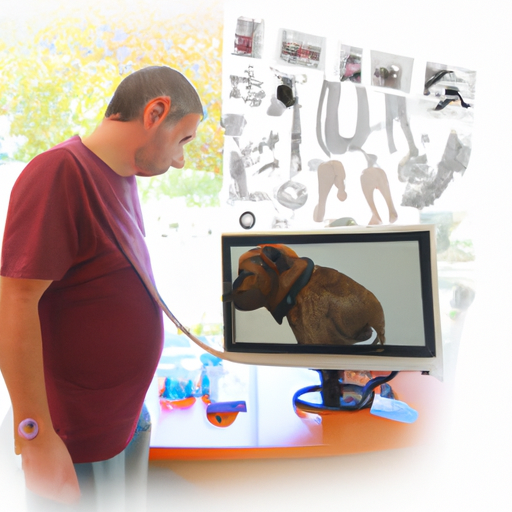Introduction
Just as you are a devoted guardian to your furry friend, it’s equally important to be aware of the possible health issues they might encounter. One such health concern is Cushing’s disease. But how is Cushing’s disease diagnosed in dogs? Let’s delve into this significant topic.
Understanding Cushing’s Disease
Cushing’s disease, or hyperadrenocorticism, is triggered by an excessive production of cortisol, a hormone produced by the adrenal glands. This ailment can lead to various symptoms such as increased thirst, increased urination, excessive appetite, and hair loss.
Common Symptoms
You might be wondering, “What signs should I look for?” Well, the following symptoms often suggest the possibility of Cushing’s Disease:
- Increased Thirst
- Increased Urination
- Excessive Appetite
- Hair Loss
- Abdominal Swelling
- Lethargy
Diagnostic Methods
Now that you’re aware of the symptoms, it’s time to understand the diagnostic methods for Cushing’s disease. There are three primary ways to diagnose Cushing’s disease in dogs:
Blood Tests
Your veterinarian will likely start with a complete blood count (CBC) and biochemistry profile. These tests can provide a comprehensive view of your dog’s overall health.
| Test | Purpose |
|---|---|
| CBC | Evaluates white and red blood cells |
| Biochemistry | Assesses organ function |
Urine Tests
Another common diagnostic tool is a urine test. This can detect abnormally high levels of cortisol in your dog’s system.
Imaging
In some cases, your vet may recommend imaging tests like an ultrasound or MRI. These tests can help identify any abnormalities in your dog’s adrenal glands.
Treatment Options
After a confirmed diagnosis, you may wonder, “What are the treatment options?” There are mainly two types of treatments:
- Medication: This is the most common form of treatment. Medications like trilostane and mitotane can help control the production of cortisol.
- Surgery: In extreme cases, your vet may recommend surgery to remove the adrenal gland.
Frequently Asked Questions
Q: Is Cushing’s disease fatal in dogs?
A: If left untreated, Cushing’s disease can lead to other serious health complications. However, with early detection and proper treatment, many dogs live a normal lifespan.
Q: Can Cushing’s disease be cured?
A: While there’s no cure for Cushing’s disease, it can be managed effectively with medications and regular vet visits.
Q: What is the cost of treating Cushing’s disease in dogs?
A: The cost can vary widely depending on the severity of the disease and the chosen treatment method. It’s best to discuss this with your veterinarian.
Your vigilance as a caregiver can make a significant difference in your dog’s life. Stay informed, and remember, early detection is the key to managing Cushing’s disease and maintaining your dog’s health.



